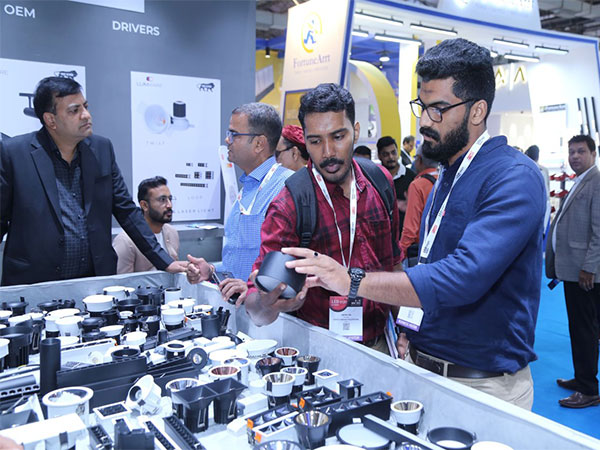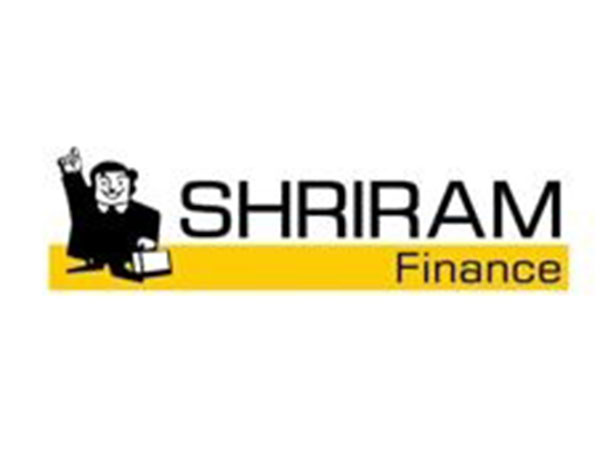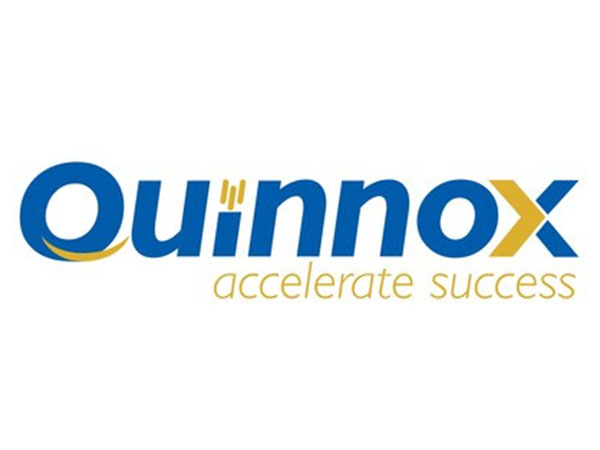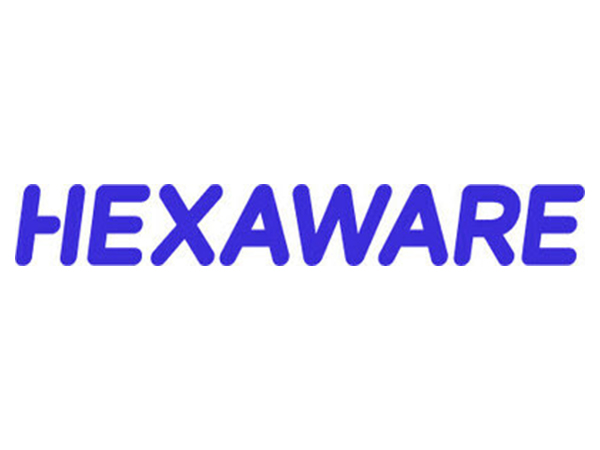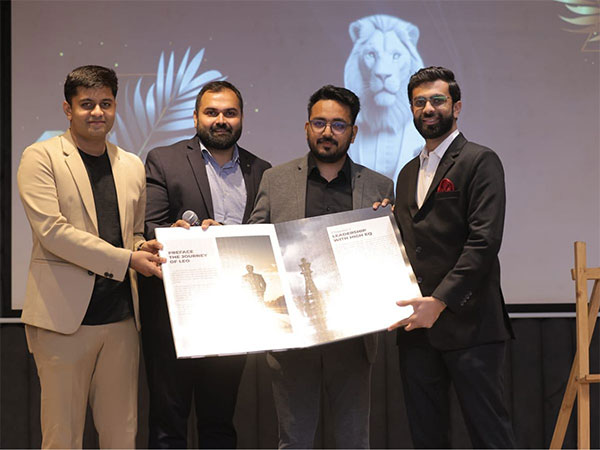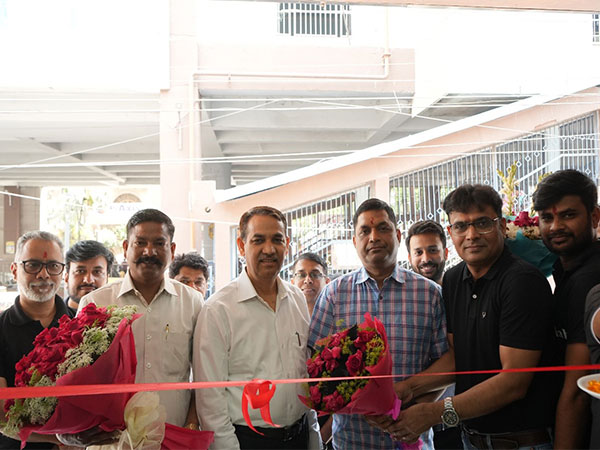ITC backs LG in high-profile trade secret dispute, issues limited import ban on SK
Feb 11, 2021
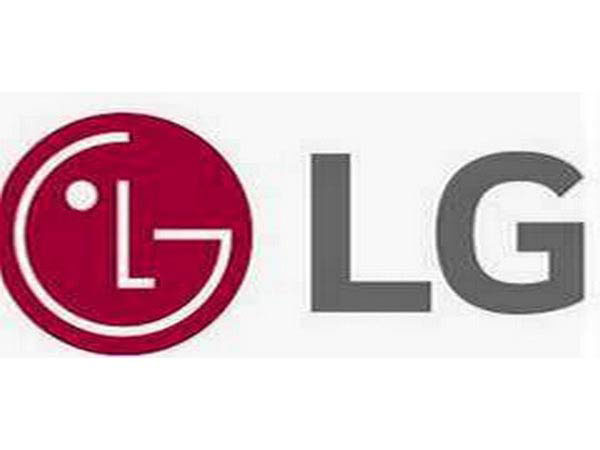
Washington (US)/ Seoul (South Korea), February 11: A U.S. trade panel on Wednesday ruled in favor of South Korean battery maker LG Energy Solution Ltd. in a trade secret case and issued a 10-year import ban on some lithium-ion battery products by SK Innovation Co.
The U.S. International Trade Commission (ITC) affirmed a preliminary ruling delivered in February 2020 to support LG's claims that SK used stolen trade secrets to develop its electric vehicle (EV) batteries.
The ITC issued "a limited exclusion order" for 10 years to ban import of some lithium-ion batteries and its components by SK Innovation, but permitted shipment of components for domestic production of its clients, including Ford Motor, Volkswagen and Kia, considering "public interests."
The limited exclusion order permits SK Innovation to import components for domestic production of lithium-ion battery products for Ford Motor EV F-150 program for four years and for Volkswagen's EV production line in North America for two years to permit these third parties to transition to new domestic suppliers, the ITC said in the ruling.
It also allows SK Innovation to import articles for repair and replacement of EVbatteries for Kia vehicles that had been sold to U.S. customers as of the date of the orders and were originally equipped with SK batteries.
The final ruling deals a heavy blow to SK Innovation, which has been building a factory in Georgia, to be completed by 2022, to provide EV batteries to Volkswagen and Ford.
It also is building its second plant in the site and has pledged to hire 2,600 people by 2024.
LG Energy Solution, wholly owned by LG Chem Ltd., has accused SK of hiring its former engineers to gain access to sensitive information on LG's battery technology.
The world's No. 2 EV battery maker supplies batteries to Tesla, General Motors, Volkswagen, Hyundai Motor and a number of other automakers. It already produces batteries in a plant in Michigan and is building another factory in Ohio to supply Utlium Cells, its battery joint venture with GM.
LG's win in the trade secret case could jeopardize SK's promises to create American jobs and complicate U.S. President Joe Biden's push to expand EV adoption under his Green New Deal initiative.
The Biden administration has 60 days to review the ITC's ruling. Unless Biden vetoes the ruling, it becomes final.
If the two companies fail to reach an agreement within the presidential review period, it could eventually lead to a civil lawsuit in the Federal District Court in Delaware.
LG could take advantage of its ITC ruling at the federal district court, which can order the plaintiff to pay compensation for actual damages and higher punitive damages.
Although the ITC delivered a final decision after nearly three years, the archrivals' legal battles are far from over.
LG and SK are mired in tit-for-tat battery patent infringement disputes filed in the U.S. in 2019, with decisions are expected later this year.
The two Korean companies have faced growing pressure from South Korean policymakers and politicians in Georgia to resolve the prolonged legal issues, but they have failed to reach a compromise due to big gap on the settlement amount.
According to industry sources, LG demanded nearly 3 trillion won (US USD2.7 billion) in compensation, but SK offered less than 1 trillion won.
Source: Yonhap


